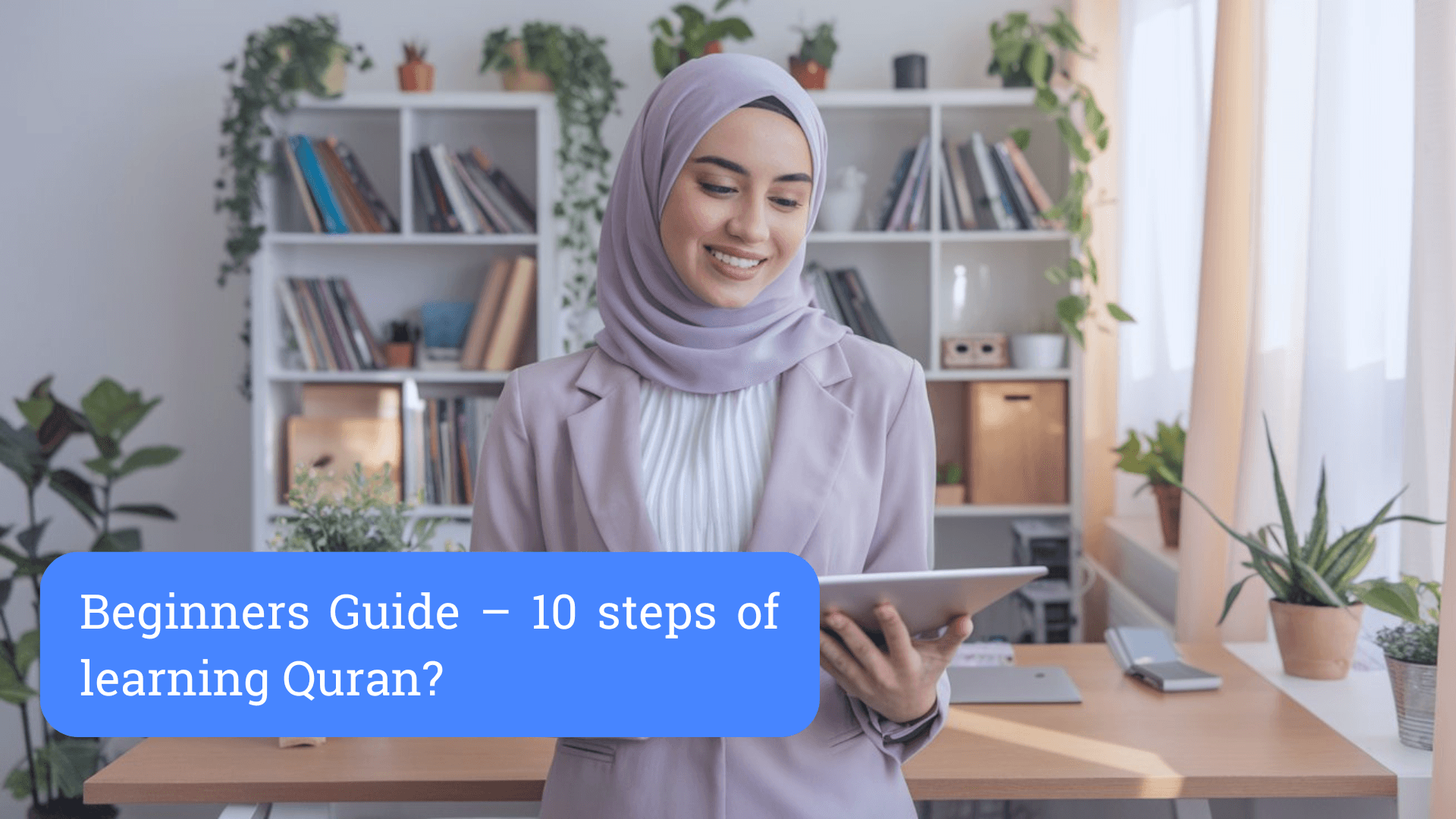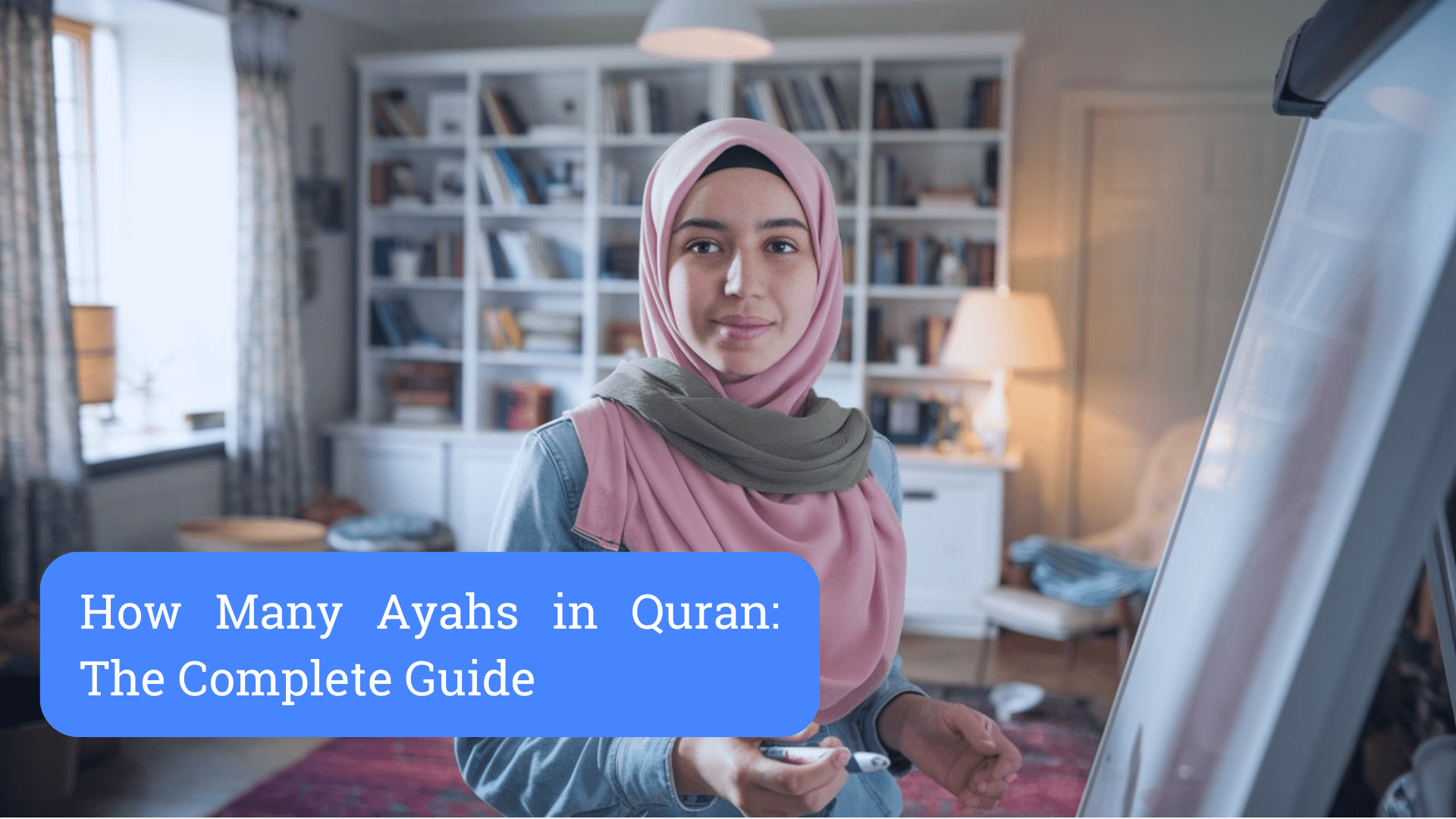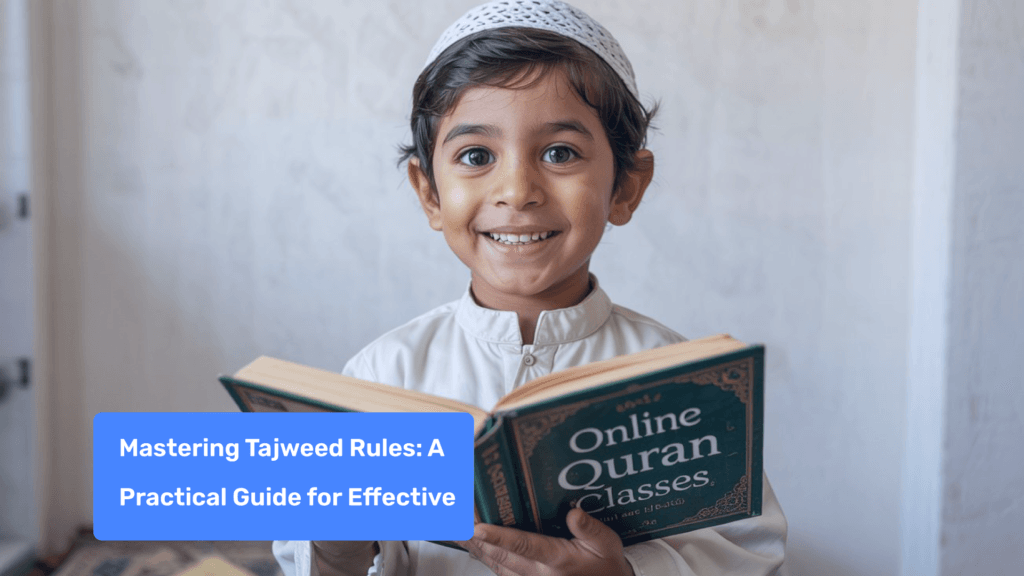In today’s fast-paced world, connecting with spiritual texts provides an anchor of wisdom and guidance. For billions around the globe, the Quran represents not just a religious text, but a comprehensive guide to life itself. This article explores the various dimensions of Quranic learning and offers practical advice for those seeking to deepen their understanding of this sacred scripture.
Understanding the Quran
What is the Quran?
The Quran is the holy book of Islam, revealed to the Prophet Muhammad (PBUH) by Allah (SWT) over a period of approximately 23 years. More than just a religious text, the Quran serves as a source of guidance, wisdom, and knowledge for Muslims and non-Muslims alike who seek to understand its teachings. It encompasses doctrine, worship practices, transactions, and comprehensive laws that guide believers in their daily lives. Following the teachings of the Prophet Muhammad and reading the Holy Quran raises one’s good deeds and spiritual closeness to Allah.
What distinguishes the Quran from other texts is its preservation in its original form since its revelation more than 1,400 years ago. Muslims consider the Quran a miracle of Islam, with linguistic beauty and depth that remains unmatched. Its verses address universal themes of justice, compassion, and human dignity while providing specific guidance for personal conduct and societal organization.
Benefits of Learning the Quran
Spiritual Benefits
Reading the Holy Quran is a transformative spiritual journey that provides answers to life’s most profound questions. In its chapters and verses, readers find clarity about their purpose, relationship with the Creator, and guidance for navigating life’s challenges. The Quran offers signs, advice, and rules that help believers cultivate inner peace and outer harmony. Reading Quran is essential for personal development and spiritual intercession on the Day of Resurrection.
For many, the process of engaging with the Quran brings a sense of tranquility that transcends ordinary experience. As described in the Quran itself: “Verily, in the remembrance of Allah do hearts find rest” (Quran 13:28). This healing quality addresses the spiritual emptiness that many experience in modern life, filling it with peace and mercy.

Intellectual Benefits
Beyond spiritual nourishment, the Quran offers substantial intellectual benefits. It encourages critical thinking, contemplation, and reflection. Numerous verses begin with phrases like “Will they not reflect?” or “Are there not signs for those who think?”, emphasizing the importance of intellectual engagement with both the text and the natural world.
The Quran’s approach to knowledge is holistic, integrating spiritual insights with practical wisdom. It provides guidance not merely through abstract principles but through narratives, parables, and examples that illustrate values such as patience, generosity, and compassion. This multifaceted approach to knowledge enriches the reader’s understanding of themselves and their place in the world.
Learning Quran Online
Online Quran Classes
The digital revolution has transformed Quranic education, making it accessible regardless of geographical location. Online one-to-one Quran classes offer an excellent alternative for those who cannot find qualified tutors nearby. These virtual learning environments provide the comfort of studying from home with flexible scheduling that accommodates diverse lifestyles.
One significant advantage of online Quran learning is parental supervision, especially important for children’s education. Parents can monitor their children’s progress while professional teachers guide them through a structured curriculum. This combination of convenience and quality instruction has made online Quran education increasingly popular worldwide.
Quran Online Resources
Numerous online platforms specialize in Quranic education, offering resources tailored to different learning styles and objectives. Learn Quran Academy, for example, provides comprehensive programs through one-to-one live sessions with qualified tutors. Similarly, Quran Ayat Institute offers diverse resources including courses, videos, and articles that support independent learning.
These online resources typically follow a step-by-step approach, beginning with the basics of Arabic script recognition before advancing to proper recitation with tajweed rules. Many platforms also focus on foundational skills for beginners, guiding them to read Arabic confidently. Interactive elements are often incorporated to enhance engagement and retention, making the learning process more effective and enjoyable.
Quran Recitation and Memorization
Quran Recitation Techniques
Proper recitation of the Quran requires mastery of tajweed, the set of rules governing pronunciation, intonation, and rhythm. Tajweed ensures that the Quran is recited exactly as it was revealed to Prophet Muhammad (PBUH), preserving its integrity and beauty across generations.
The science of tajweed covers various aspects of recitation, including proper articulation points for Arabic letters, rules for elongation, and guidelines for pausing and continuing. Mastering these rules transforms recitation into a melodious experience that touches the heart while honoring the text’s sanctity. Online platforms offer specialized tajweed courses that break down these complex rules into manageable lessons, often using audio-visual aids to demonstrate correct pronunciation.
Quran Memorization Tips
Memorization of the Quran (hifz) holds a special place in Islamic tradition. Those who commit the entire Quran to memory are given the honorable title of Hafiz or Hafiza and are promised special status in both this life and the hereafter.
Successful memorization requires systematic approaches:
- Consistency is paramount – daily practice, even if brief, yields better results than irregular intensive sessions
- Breaking text into manageable portions prevents overwhelm
- Understanding the meaning enhances retention
- Regular revision of previously memorized portions prevents forgetting
- Reciting aloud reinforces memory pathways
Many online programs offer structured memorization courses with accountability systems to support learners through this challenging but rewarding process.
Reading the Quran Effectively
Understanding Quranic Arabic
While translations provide access to the Quran’s meanings, understanding the original Arabic unlocks deeper dimensions of the text. Quranic Arabic has specific linguistic features and contextual nuances that translations cannot fully capture.
For beginners, courses like Noor Al Bayan provide foundations in Arabic script recognition and pronunciation. As learners advance, they can explore Arabic grammar, vocabulary, and the rhetorical devices that give the Quran its distinctive eloquence. This linguistic journey enhances appreciation of the text’s literary beauty while providing more accurate understanding of its messages.

Reading the Quran with Tajweed
Reading with tajweed goes beyond correct pronunciation—it honors the divine origin of the text by preserving its intended delivery. The Prophet Muhammad (PBUH) emphasized beautiful recitation, saying: “Beautify the Quran with your voices, for a beautiful voice increases the Quran in beauty.”
Online tajweed courses typically employ visual aids, audio demonstrations, and interactive exercises to help learners internalize the rules. Many platforms offer recorded recitations by renowned reciters, providing models for students to emulate. Regular practice with feedback from qualified teachers gradually develops the muscle memory and ear training necessary for proper recitation.
Getting Started with Quran Learning
Finding a Quran Teacher or Online Course
Finding a qualified Quran teacher or an effective online course is a crucial step in your Quranic learning journey. Here are some tips to help you make the right choice:
- Check Credentials: Ensure that the teacher or course has a strong background in Quranic studies and ample teaching experience. Qualified instructors often have certifications from recognized Islamic institutions.
- Read Reviews: Look for feedback from previous students to gauge the effectiveness of the teacher or course. Reviews can provide insights into the teaching style, curriculum quality, and overall student satisfaction.
- Evaluate the Curriculum: Make sure the course covers the topics you wish to learn, such as Quran recitation, tajweed rules, and the Arabic language. A comprehensive curriculum will support your learning goals.
- Look for Flexibility: Choose a course or teacher that offers flexible scheduling to fit your busy lifestyle. Many online Quran classes provide options for different time zones and personal commitments.
- Assess Teaching Style: Ensure that the teaching style aligns with your learning preferences. Whether you prefer one-on-one sessions or group classes, finding a compatible teaching approach is key to effective learning.
Popular online platforms like Quran Academy, Understand Quran Academy, and Learn Quran Academy offer a variety of courses and qualified teachers. These platforms often provide flexible scheduling and affordable pricing, making Quranic education accessible to everyone.
Creating a Quran Learning Schedule
Effective Quran learning requires structure and planning. Creating a realistic schedule that accounts for your other responsibilities while providing consistent engagement with the Quran is essential for long-term success.
Consider the following when developing your schedule:
- Identify your peak concentration hours for more challenging aspects of study
- Allocate shorter, more frequent sessions rather than occasional marathon sessions
- Include varied activities (recitation, memorization, study of meanings) to maintain engagement
- Build in regular review periods to reinforce learning
- Allow flexibility to accommodate life’s unpredictable nature
Digital tools can help track progress and maintain accountability, providing motivation as you advance through your learning journey.
Staying Motivated and Engaged
Setting Quran Learning Goals
Clear, achievable goals provide direction and motivation for Quran learning. These goals might include completing recitation of the entire Quran within a specific timeframe, memorizing particular chapters, or mastering certain tajweed rules.
Breaking larger goals into smaller milestones creates a sense of regular achievement. For example, rather than simply aiming to memorize Surah Al-Baqarah (the longest chapter), set targets for individual pages or sections. Celebrating these smaller victories maintains momentum and prevents discouragement.

Joining a Quran Learning Community
Learning in community amplifies motivation and enriches the educational experience. Online Quran learning communities connect students across geographical boundaries, creating supportive networks for shared growth.
These communities provide opportunities to:
- Participate in group recitations
- Discuss interpretations and applications of verses
- Share challenges and solutions
- Celebrate achievements together
- Learn from others’ diverse perspectives
Many online platforms facilitate these connections through forums, virtual study circles, or social media groups dedicated to Quranic studies.
Conclusion
The journey of learning the Quran is both intellectually stimulating and spiritually fulfilling. Whether your goal is basic literacy, beautiful recitation, memorization, or deep understanding, today’s resources make this sacred knowledge more accessible than ever before.
The key to success lies in consistent effort, structured learning, and maintaining connection with both the text and a supportive community. As you progress in your Quranic studies, you’ll likely find that the benefits extend far beyond religious knowledge—affecting your worldview, character, and approach to life’s challenges.
Remember that learning the Quran is not merely an academic exercise but a lifelong journey of growth and transformation. Each engagement with the text offers new insights and deepened understanding. By approaching this journey with sincerity and dedication, you open yourself to the guidance and wisdom that has illuminated countless lives throughout history.













